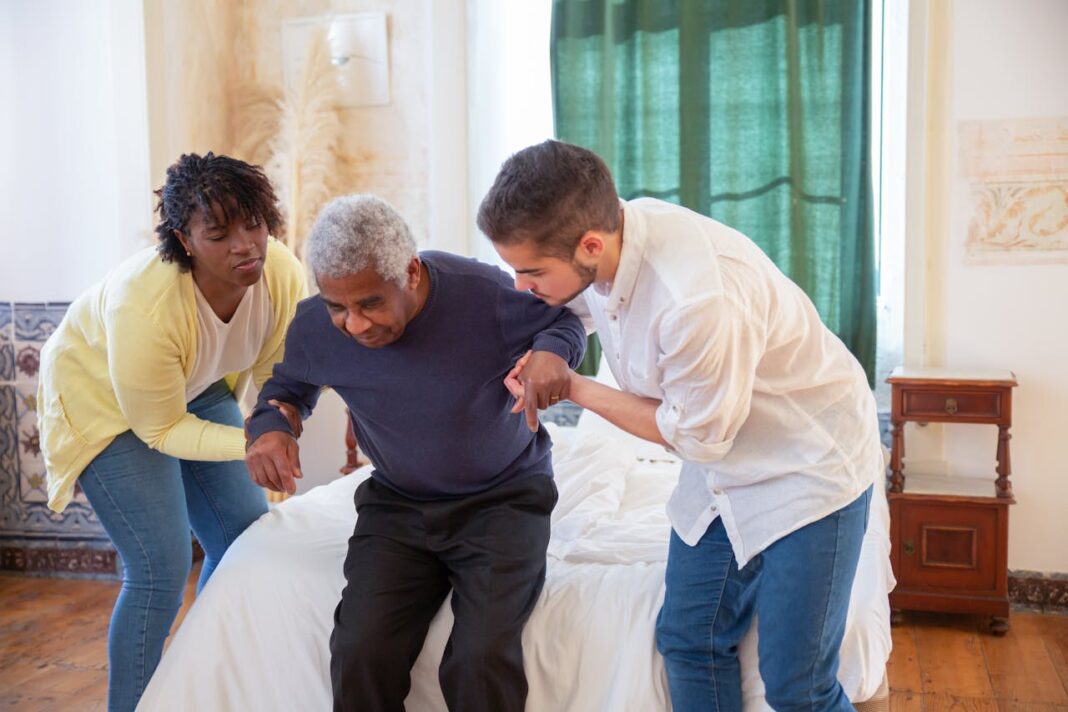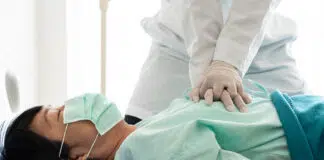Falls remain one of the most serious risks facing seniors today. As we age, balance changes, reaction times slow, and bones become more fragile. A single misstep can lead to injuries that dramatically reduce independence and quality of life. But the good news is this: falls aren’t inevitable. With the right mix of awareness, preparation, and daily habits, seniors and their families can greatly reduce the chances of a serious fall ever happening. It’s all about staying one step ahead. Prevention doesn’t need to feel overwhelming. In fact, it can blend into everyday life with ease and confidence.
Understanding Why Falls Happen
Every fall has a cause. Maybe it’s a loose rug, poor lighting, or an unnoticed health condition. Knowing the ‘why’ is the first step toward a solution. For seniors, the most common triggers include muscle weakness, vision problems, and medications that affect balance. Even dehydration can lead to dizziness and unsteady footing. Environmental factors also matter—cluttered walkways, slippery floors, and stairs without railings all increase the odds. Recognizing these risks early allows families and caregivers to take meaningful action. Rather than waiting for a fall to happen, it’s smarter to understand the root causes and build solutions around them.
Smart Home Adjustments for Everyday Safety
Creating a fall-proof home doesn’t mean a full renovation. Often, small and affordable changes make the biggest impact. Start with lighting—bright, glare-free light in every room helps seniors see obstacles clearly. Secure all rugs with non-slip pads or remove them entirely. Install grab bars in the bathroom and handrails on both sides of any staircase. Keep frequently used items within easy reach to avoid risky stretches or climbs. Beyond physical changes, technology plays a powerful role too. Devices like an emergency call button for unexpected falls can provide immediate help when it matters most, giving peace of mind to both seniors and their families.
Footwear and Flooring: The Often-Overlooked Duo
Many people underestimate the role of shoes and flooring in fall prevention. But what we walk on—and what we walk in—can make all the difference. Seniors should wear shoes with firm soles, low heels, and a good grip. Avoid backless slippers or flip-flops, which can slide or cause tripping. At home, opt for floor surfaces that offer traction. Vinyl, cork, or textured tile work well, especially in moisture-prone areas like bathrooms and kitchens. Avoid high-gloss finishes that become slippery when wet. Pay attention to transitions between rooms, too. Sudden changes in flooring height can become invisible hazards if not marked or levelled.
Strength and Balance: Daily Habits That Work
Strong muscles and steady balance reduce the chance of falling. Seniors don’t need intense workouts to stay safe. Simple daily movements can go a long way. Chair yoga, tai chi, or short walks all improve stability and coordination. Exercises that strengthen the legs, ankles, and core support better balance during everyday tasks. It also helps to practice getting up from a seated position without using the hands—this trains the body to move confidently. Consistency matters more than intensity. Even ten minutes a day creates long-term benefits. Seniors should check with a healthcare provider before starting new routines, just to stay safe.
The Importance of Regular Health Check-Ups
Doctors play a major role in fall prevention, often more than people realise. Vision tests ensure that glasses are up to date and suited for depth perception. Hearing exams identify balance-impacting inner ear issues. Medication reviews catch combinations that cause drowsiness or dizziness. A physician might spot early signs of conditions like low blood pressure or peripheral neuropathy that can lead to instability. These routine visits are quick and often overlooked, but they offer a big return on safety. Make them a priority. When health professionals stay involved, families can make smarter, more informed decisions that protect seniors from preventable accidents.
Medication Management and Its Role in Fall Risk
Many seniors take multiple medications daily. While these treatments improve health, they can also increase the risk of falls. Some medications cause side effects like dizziness, drowsiness, or drops in blood pressure. Mixing prescriptions, especially without regular medical reviews, can amplify these effects. To manage this risk, seniors should keep a detailed list of every medication, including over-the-counter drugs and supplements. Pharmacists can offer advice on interactions, and doctors can sometimes adjust dosages to reduce side effects. It’s also helpful to take medications at the same time each day, and never on an empty stomach unless advised. Smart medication use protects mobility.
Staying Active in Social Circles and Community
Isolation doesn’t just affect mental health—it also plays a role in physical well-being. Seniors who stay engaged in social activities tend to move more, laugh more, and feel more connected. This emotional lift translates to better posture, alertness, and energy. Join a walking group, attend local events, or participate in a hobby class. Even casual visits with neighbours or weekly outings with friends help maintain movement and coordination. Social activity also encourages accountability. People check in on each other, share helpful safety tips, and stay motivated to stay well. Staying active socially supports both the body and the spirit.
Fall Prevention Through Nutrition and Hydration
A strong body starts from within. Nutrition directly affects muscle strength, bone density, and energy levels. Seniors should aim for a balanced diet rich in calcium, vitamin D, protein, and fibre. Leafy greens, dairy, nuts, and lean meats provide excellent building blocks. Equally important is hydration. Dehydration can cause fatigue, low blood pressure, and dizziness—all common fall triggers. Aim for several glasses of water a day, and limit drinks with caffeine or alcohol. Eating regular meals and drinking fluids throughout the day keeps the body stable and focused. Fueling the body the right way plays a powerful role in fall defence.
Preventing falls isn’t just about reacting after something goes wrong. It’s about building a lifestyle of awareness, preparedness, and steady habits. From adjusting the home and managing medications to staying social and eating well, each step plays a part. Seniors deserve to feel safe and confident in their own space. With consistent attention to small details and strong support from others, falls can be greatly reduced. It’s never too early to start planning. And with a proactive mindset, seniors can continue to enjoy their independence with fewer worries—and many more moments of peace.





